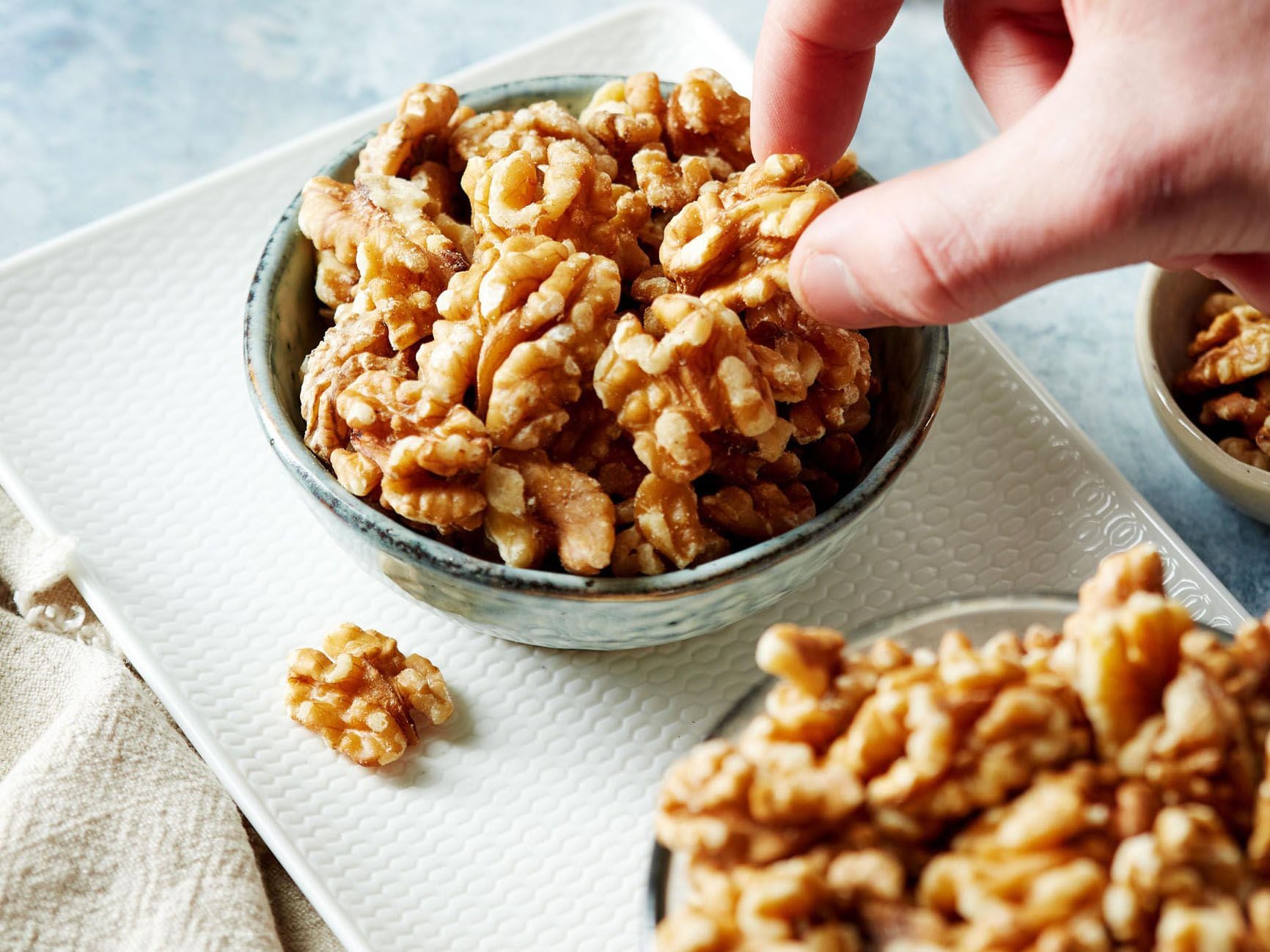
Science made it clear that sleep is essential at any age. Rest enhances the mind, restores the body and strengthens virtually all the necessary systems of the organism. But how to achieve it?
A good rest can be at the root of many health benefits. Sleep helps us grow healthy, activate our immune system, prepare our brains to learn new things and consolidate what we have learned, help our mood and reduce stress. Therefore, being aware of our good rest deserves the same attention as any other medical check-up. Adopting sleep hygiene guidelines are excellent strategies that help us to have greater well-being.
Sleep is a very important part of our lives and is considered a fundamental component of a healthy routine. It is important to be aware of the importance and consequences that failure to achieve this can bring to health.
The specialists of the INECO Sleep Clinic emphasize that, during sleep, memory is consolidated, mood improves and learning is strengthened, among other things.
On the contrary, lack of sleep can lead to mood and cognitive changes such as irritability, anxiety, decay and lack of concentration. In addition, long-term lack of sleep can have an impact on health and can be associated with cardiovascular disease, depression, diabetes and obesity.

A study conducted on 100 older adults by the Center for Sleep Medicine at the University of Washington, indicated that the exact number to sleep is seven and a half hours. That's why if you have a habit of trying to sleep eight hours a night, the new key, experts indicated, is to start by setting the alarm clock 30 minutes earlier. Seven and a half hours is the “sweet spot” for preserving the brain and counteracting Alzheimer's disease.
On the other hand, the official guidance of the UK's National Health Service states that most adults need between six and nine hours of sleep each night. However, other studies have shown that some adults need as little as four hours of rest to wake up feeling refreshed.
It is also important to keep in mind that food consumed during the day influences sleep at night. More and more scientific studies find that the selection of foods and drinks, the time they are consumed and even the way they are cooked can affect the ability to sleep each night and enjoy a restful and lasting sleep until the next morning. Everything affects sleep and affects the quality of life the next day.
“There is a double relationship between food and sleep. On the one hand, the intake of coffee, alcohol, copious and high-fat meals can alter the quality of sleep,” Dr. Daniel Pérez Chada, director of the Sleep Clinic of the Austral University Hospital and president of the Argentine Sleep Foundation, told Infobae. “On the other hand, poor quality sleep or short hours can alter the gut microbiota, which is the composition of intestinal bacteria. Short or fragmented sleep can alter the microbiota and promote the imbalance of the intestinal flora, favoring the development of some bacteria to the detriment of others.”

For neurologist Sofía Luján, neurologist at the FLENI Sleep Laboratory in Buenos Aires, sleep quality can be affected by both nutritional and behavioral factors. “There are different keys that can be taken into account for good sleep hygiene,” she said when consulted by Infobae.
According to the specialist, among the foods that help improve sleep, are milk, bananas, nuts, such as nuts and almonds, fish, such as salmon. They are the ones with high levels of tryptophan. “They contain precursors of melatonin, which is the hormone of nocturnity. It has been shown that eating two kiwis before going to sleep, improves the ability to fall asleep and maintain sleep. It is necessary to include in the diet fermented foods such as yogurt and kefir, a fermented drink.”
Consulted by Infobae, Mirta Averbuch, director of the Somnos center and Head of the Sleep Medicine Unit of Fundación Favaloro, advised “eat more almonds and nuts (which are rich in melatonin), banana/banana (rich in tryptophan), fish such as tuna and salmon (which have Omega3 and vitamin D, which stimulate sleep) and infusions of chamomile, valerian, linden, lemon balm and passionflower”.
On the other hand, Averbuch, together with the sleep specialist, Pablo López, Academic Director of the INECO Foundation, propose 5 recommendations to improve the quality of life and good sleep.

1. Lead a healthy and balanced lifestyle
A diet based on healthy foods and the practice of regular physical exercise are the essential pillars for good health. It is advisable not to engage in intense physical activity before going to sleep, nor to smoke or self-medicate without medical supervision.
2. Adopt an orderly rest routine
Most adults need 7 to 8 hours of good quality sleep. It is advisable to do it at regular times, both to sleep and to wake up and avoid naps during the day longer than 20 minutes. It is important that, when we get up, we can feel that we are resting during the night.
3. Create a sleeping environment and avoid screens
It is important that the brain associates the bedroom with rest. Using the room only for sleeping is essential for sleep. If this is not possible, it is recommended to create a suitable sleeping environment, avoiding that the space is very bright or in very cold or hot temperatures. Specialists also recommend avoiding the use of screens in the moments before sleep, in order to achieve the best possible rest.
4. Avoiding alcohol, caffeine, and heavy foods before going to sleep
Eating heavy meals before going to sleep, consuming alcohol or caffeine, can alter the digestive process and, consequently, make rest hours uncomfortable. Our body must be light and free from any stimulus that affects sleep.
5. Consult with a specialist in the event of sleep disorders
Some sleep disorders tend to be associated with stress, anxiety, low mood, among other issues. Although it is often secondary to these conditions, other times it is a problem in itself. Consultation with a specialist is important when carrying out a specific treatment with medical supervision.
KEEP READING:
Últimas Noticias
Debanhi Escobar: they secured the motel where she was found lifeless in a cistern
Members of the Specialized Prosecutor's Office in Nuevo León secured the Nueva Castilla Motel as part of the investigations into the case

The oldest person in the world died at the age of 119
Kane Tanaka lived in Japan. She was born six months earlier than George Orwell, the same year that the Wright brothers first flew, and Marie Curie became the first woman to win a Nobel Prize

Macabre find in CDMX: they left a body bagged and tied in a taxi
The body was left in the back seats of the car. It was covered with black bags and tied with industrial tape
The eagles of America will face Manchester City in a duel of legends. Here are the details
The top Mexican football champion will play a match with Pep Guardiola's squad in the Lone Star Cup

Why is it good to bring dogs out to know the world when they are puppies
A so-called protection against the spread of diseases threatens the integral development of dogs



